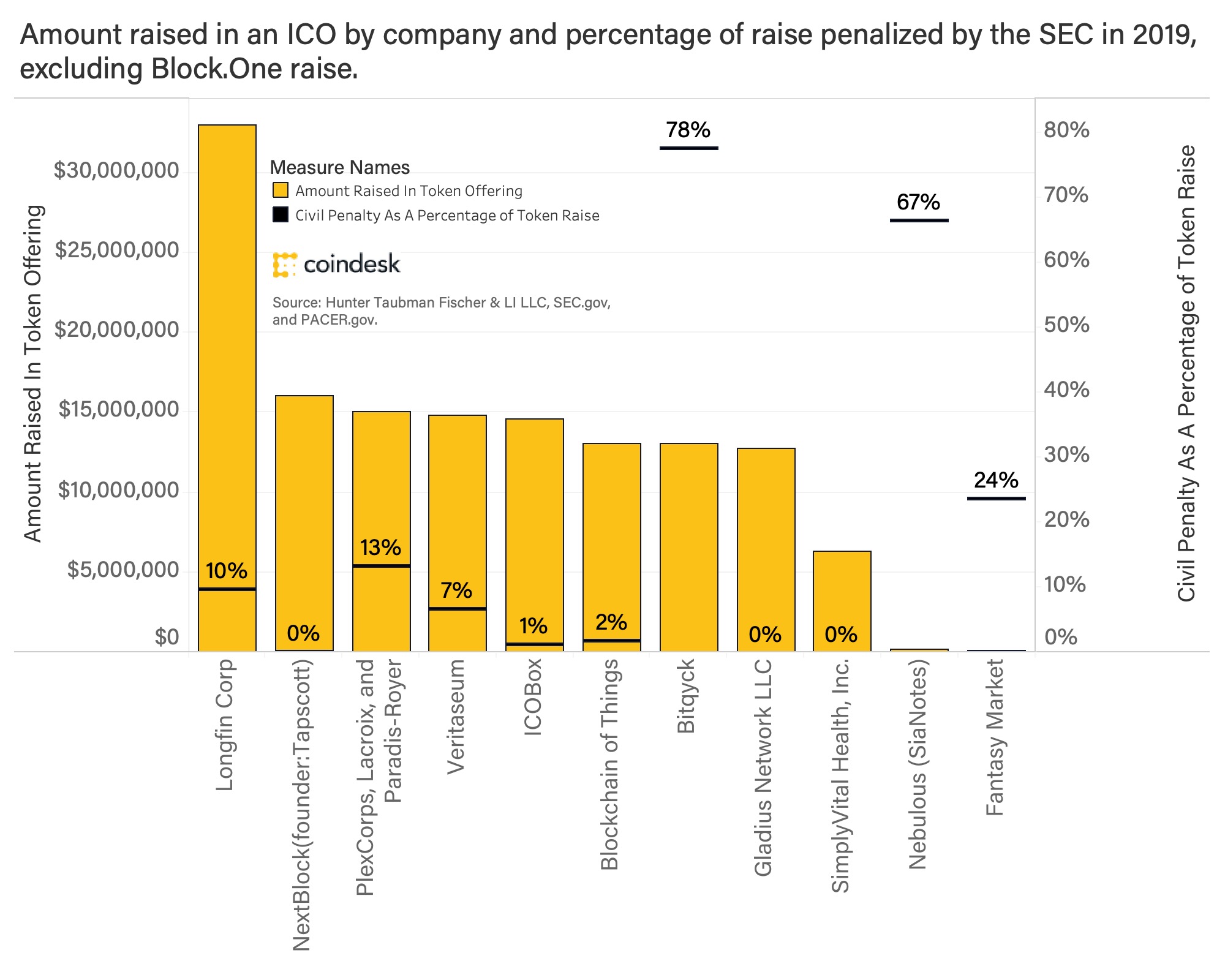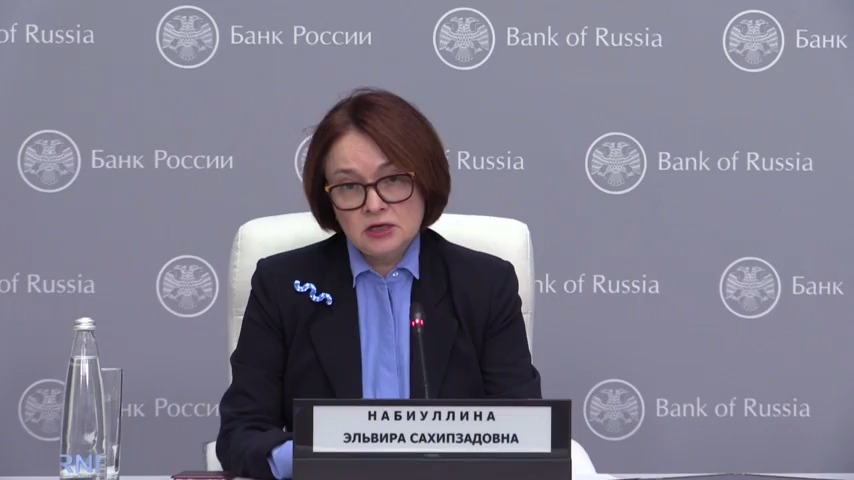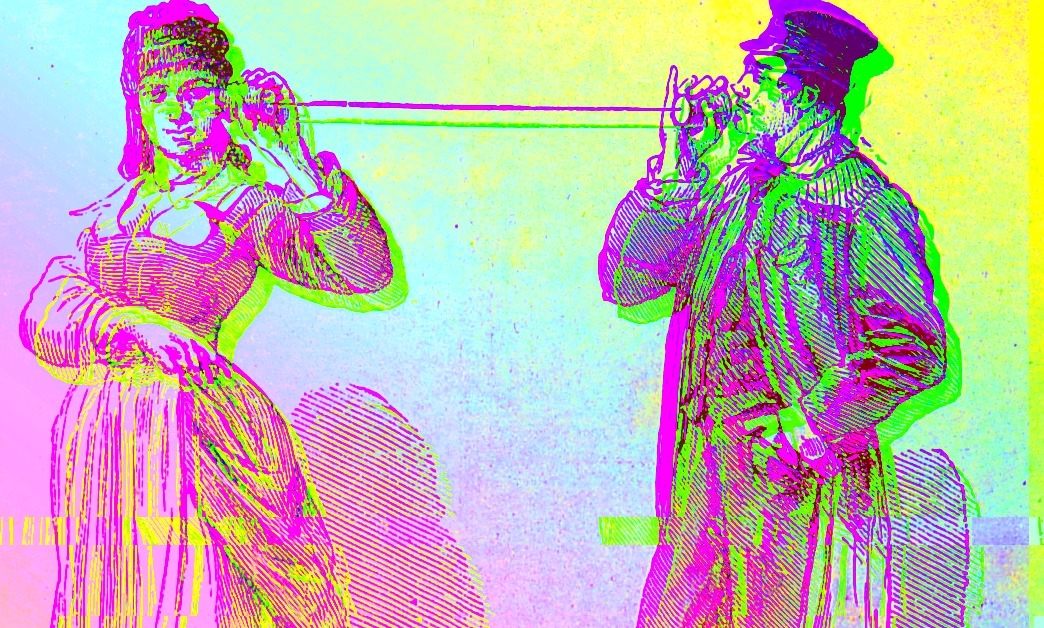French Regulator Says It’s ‘Examining’ Polymarket
-
French gambling regulator Autorite Nationale des Jeux (ANJ) said on Thursday it was examining the operations of Polymarket.
-
A French national made global headlines this month by placing large and ultimately successful bets on Polymarket that Donald Trump would win the U.S. election.

02:31
Bitcoin Hits Record High as Donald Trump Wins U.S. Election

24:55
Crypto Under a New Administration: Regulatory Outlook From Coinbase’s Paul Grewal

01:35
Why Bitcoin Will Be the Winner Regardless of U.S. Election Results

02:25
DOGE Surges on U.S. Election Day; Bitcoin ETFs Shed $541M and Mt. Gox Moves $2.2B BTC
French gambling regulator Autorite Nationale des Jeux, also known as the National Gambling Authority (ANJ), said on Thursday it is examining the operations of Polymarket, the crypto-based prediction market, which logged record betting volumes on the recent U.S. presidential election.
“We are aware of this site and are currently examining its operation and compliance with French gambling legislation,” a spokesperson told CoinDesk. “We will come back to you shortly to inform you of the outcome.“
French-language crypto news outlet The Big Whale reported on Wednesday that ANJ, which regulates licensed gambling platforms, is expected to ban access to the site soon.
“Even if Polymarket uses cryptocurrencies in its operations, it remains a betting activity and this is not legal in France,” an unnamed source close to the ANJ told the news site.
The scrutiny comes after a French national, known only by his first name, Theo, profited handsomely on Polymarket by placing large, and ultimately correct, bets that Donald Trump would win the U.S. presidential election, despite polls that indicated the contest with Kamala Harris would be a toss-up. According to the Wall Street Journal, Theo is set to make $50 million on his trades.
Polymarket allows traders to buy and sell shares representing future outcomes. Each share pays out $1 in the USDC stablecoin if the prediction comes true, and zero if it doesn’t, so the prices, expressed in cents on the dollar, represent the odds the market is giving each outcome.
The New York-based platform is not accessible to Americans and relies on a global audience. It has been blocking U.S. IP addresses under a settlement with the Commodity Futures Trading Commission, which said it was operating without the appropriate licensing.
Polymarket declined to comment.
Proponents of prediction markets argue they have positive spillover effects by offering the public a better forecasting method than polls or punditry because participants are putting money on the line and thus have a motivation to do deep research and bet on what they believe will happen, not what they want to happen.
But election betting is controversial in many countries. In the U.S., the CFTC has been weighing a regulation that would prohibit such activity at exchanges on its watch.
Edited by Marc Hochstein.









